Managing Remote Teams: Strategies for effective leadership in virtual environments.

Have you been forwarded this newsletter and you like it? Subscribe here.
🎯 Upcoming Events
Monday 17 June, Webinar: Be the CEO of your Own Career: Insider Interview Tips from an Executive Search Consultant @ 5pm
👋🏻 Hello growth seekers,
Matt Mullenweg, co-founder of WordPress and CEO of Automattic, envisioned a future where work wasn't confined to an office. This vision, conceived during his early days in Houston, set the stage for Mullenweg to become a pioneer in remote work. Mullenweg’s journey began with the creation of WordPress, an open-source platform that revolutionized website creation by making it accessible to anyone with an internet connection. This democratization of web publishing laid the foundation for his future endeavors.
When he co-founded Automattic in 2005, Mullenweg embraced a fully distributed workforce from the outset. This decision was not just a matter of convenience; it was a deliberate philosophical stance. He believed that the traditional office environment was not the only way to achieve productivity and that people could excel from anywhere in the world if given the right tools and support. Mullenweg’s approach was rooted in a deep understanding of the evolving nature of work and the potential of technology to bridge geographical divides. By allowing his team to work remotely, Mullenweg fostered an environment of trust and autonomy. He recognized that when employees are trusted to manage their own schedules and workspaces, they are more likely to take ownership of their tasks and deliver high-quality results. This level of trust also encourages innovation, as team members feel empowered to experiment and propose new ideas without the constraints of a rigid office structure.
Furthermore, Mullenweg’s vision extended to personal growth. He understood that a flexible work environment could significantly improve work-life balance, leading to happier and more motivated employees. By prioritizing the well-being of his team, he created a culture where people could thrive both professionally and personally. This holistic approach to remote work has become a cornerstone of Automattic’s success and has set a precedent for other companies looking to adopt similar models. Mullenweg’s forward-thinking strategies have not only enhanced productivity but have also attracted top talent from around the world, individuals who might not have considered a traditional office job due to location constraints. By tapping into this global talent pool, Automattic has gained a competitive edge, leveraging diverse perspectives to drive innovation and growth.
🧠Building and Managing a Global Team
Managing a remote team comes with unique challenges, but Mullenweg saw these as opportunities. He focused on effective communication, using tools like Slack, Zoom, and Asana to keep his team connected. Regular check-ins, virtual town halls, and an open-door policy for feedback helped create a sense of community and trust. Mullenweg encouraged his team to adopt self-management and cognitive restructuring. By promoting transparency and open communication, he helped team members identify and challenge negative thoughts about remote work. This approach enhanced individual productivity and contributed to a positive team dynamic. Moreover, Mullenweg knew that no successful leader operates alone. He emphasized building a supportive ecosystem, extending beyond his immediate team to the broader WordPress community. By nurturing a sense of belonging and support, both within and outside the organization, he strengthened Automattic’s internal culture and solidified its industry position.
🔄 Iterating and Adapting for Success
A key strategy for Mullenweg was embracing iteration and adaptation. Just as software evolves through continuous updates, Automattic’s approach to remote work was regularly refined. Feedback loops, retrospectives, and experimenting with new tools and processes kept the company ahead of the curve. Mullenweg’s expertise in remote team management significantly impacted his career and Automattic’s success. Under his leadership, Automattic grew into a billion-dollar company with over 1,200 employees across 77 countries. His ability to lead a global, remote team set a new standard for modern work. His journey highlights the importance of remote team management for career advancement. Mullenweg’s rise from a young entrepreneur to the CEO of a global company shows how mastering remote leadership can open doors to new opportunities. Matt Mullenweg’s story is a testament to the power of remote team management in shaping a successful career. By emphasizing empathy, effective communication, and continuous adaptation, Mullenweg has redefined leadership in a virtual environment. His journey showcases the potential of remote work and serves as an inspiration for leaders navigating the complexities of managing distributed teams. As we move towards a more digital and globalized world, Mullenweg’s approach offers valuable insights for corporate managers. By fostering a supportive, adaptive environment, leaders can unlock the full potential of their remote teams, paving the way for a more connected future.
Practical tools
In this "Practical Tools" section, we've put together a set of resources to support your personal growth journey. Chosen for those keen to explore deeper and refine their leadership qualities, these tools are designed with genuine intention. Here, it's all about taking meaningful steps towards personal betterment. Let's begin!
🗣️ Virtual Executive Coaching and Mentorship
Improving specific leadership skills to better manage remote teams can be achieved through virtual executive coaching. Platforms like BetterUp provide personalized coaching sessions tailored to individual leaders’ needs, addressing specific challenges related to remote management. Establishing a mentorship program within the organization, where seasoned leaders mentor emerging leaders, facilitates knowledge transfer and professional growth in a virtual setting.
🚀 Agile Methodologies for Distributed Teams
Implementing agile practices, such as Scrum or Kanban, enhances productivity and adaptability in remote teams. Tools like Jira or Trello help manage agile workflows effectively, promoting iterative progress, flexibility, and continuous feedback. These agile methodologies are essential for managing dynamic remote projects and swiftly responding to changes.
🔍Comprehensive Performance Reviews with 360-Degree Feedback
Gaining a complete view of team performance and identifying areas for growth is facilitated through comprehensive performance reviews using 360-degree feedback mechanisms. Platforms like CultureAmp or Lattice enable 360-degree feedback, allowing peers, direct reports, and managers to provide input. This holistic approach provides valuable insights into strengths and areas for development, fostering a culture of continuous learning and improvement.
💡Leadership Simulations and Scenario Planning
Preparing for unexpected challenges and improving decision-making skills can be achieved through leadership simulations and scenario planning exercises. Tools like BTS or DDI’s Virtual Reality Simulations provide immersive experiences that simulate real-world scenarios, helping leaders practice decision-making, crisis management, and strategic thinking in a safe, controlled environment.
Food For Thought
Welcome to the "Food for Thought" section, your gateway to a curated selection of resources that will nourish your curiosity and inspire your creative journey. In this corner of Growth Republic, we bring a collection of insightful resources that you can look for on the web, from thought-provoking podcasts or books, to illuminating online articles that can expand your horizons and deepen your understanding of the topics we explore. Consider it your intellectual pantry, stocked with ingredients to feed your mind, and ignite your creativity. Dive into these resources and let the feast of knowledge begin.
📖 Book: "Remote: Office Not Required" by Jason Fried and David Heinemeier Hansson - This book by the founders of Basecamp provides insights into the benefits of remote work and offers practical advice on how to manage remote teams effectively.
🎧 Podcast: "The Remote Work Podcast" by Job van der Voort - A podcast that explores various aspects of remote work, featuring interviews with industry leaders and remote work experts. It offers tips and strategies for successfully managing distributed teams.
📝 Article: "The Ultimate Guide to Remote Work" by Zapier - This comprehensive guide covers everything from setting up a remote team to maintaining productivity and communication. It’s a valuable resource for anyone looking to optimize their remote work practices.
🎙️Podcast: "Distributed" by Matt Mullenweg - Hosted by Automattic’s CEO, this podcast delves into the future of work and how remote teams can thrive. It features conversations with leaders and innovators who share their experiences and insights.
Quote Of The Week
"Lean into the inherent flexibility of the remote format. Instead of monitoring team members obsessively, encourage their autonomy. They will gain confidence, agency, and efficiency. The result is a more productive team." - — Tsedal Neeley, Harvard Business School Professor and Author of Remote Work Revolution.
About the Author

Hi, I am Cesare Zavalloni. I am a Certified Executive Coach by IMD business school and a member of International Coaching Federation (ICF) and the Swiss Association of Mountain Leaders (ASAM). I bring more than 20+ years of experience as corporate executive in Fortune 100 companies and as outdoor adventurer. My purpose is to guide, encourage and inspire young professionals and executives like you to see your authentic leadership nature and the new possibilities this realization creates.
Enjoy this newsletter?
Forward to a friend, sharing is caring.
Was this forwarded to you? If you would like to receive it in the future, subscribe here.
Anything else? Hit reply to send us feedback or say hello. We don't bite!
Here's to a future of growth and success!



